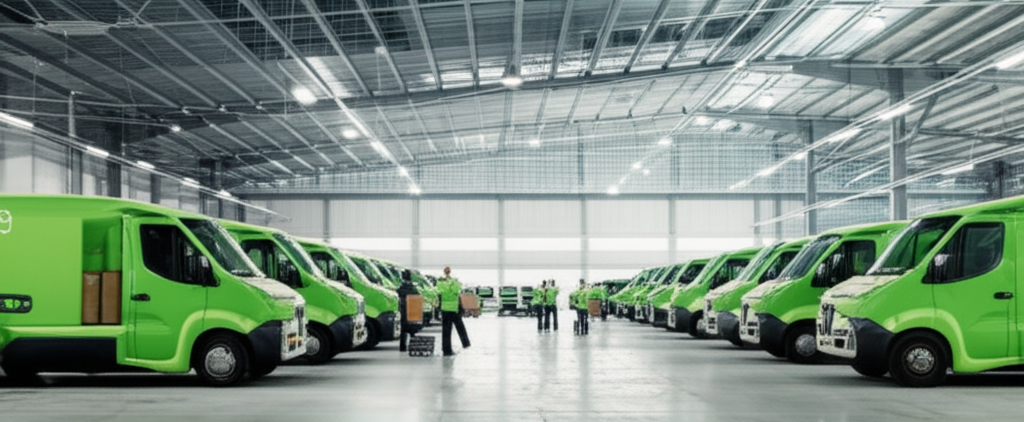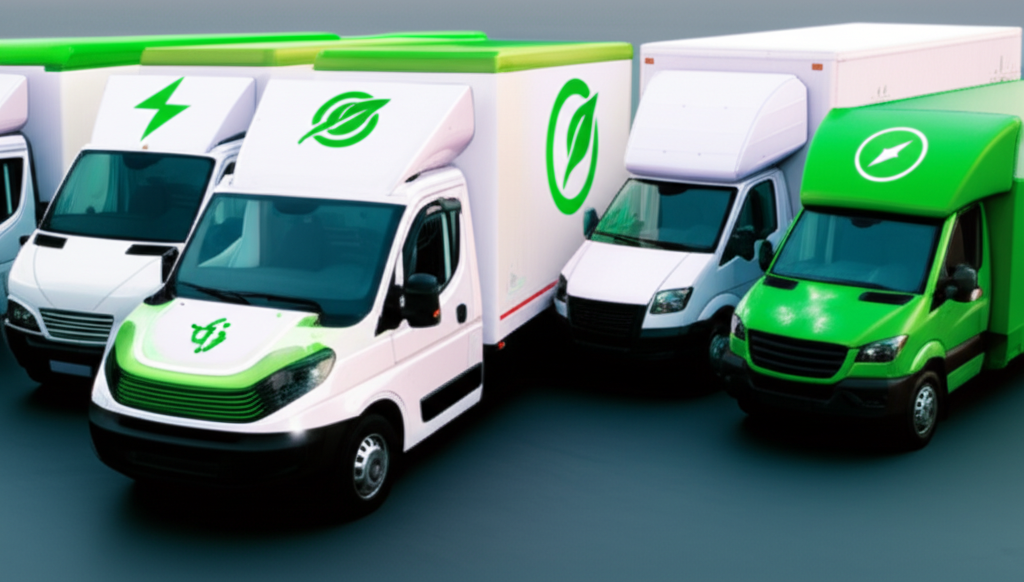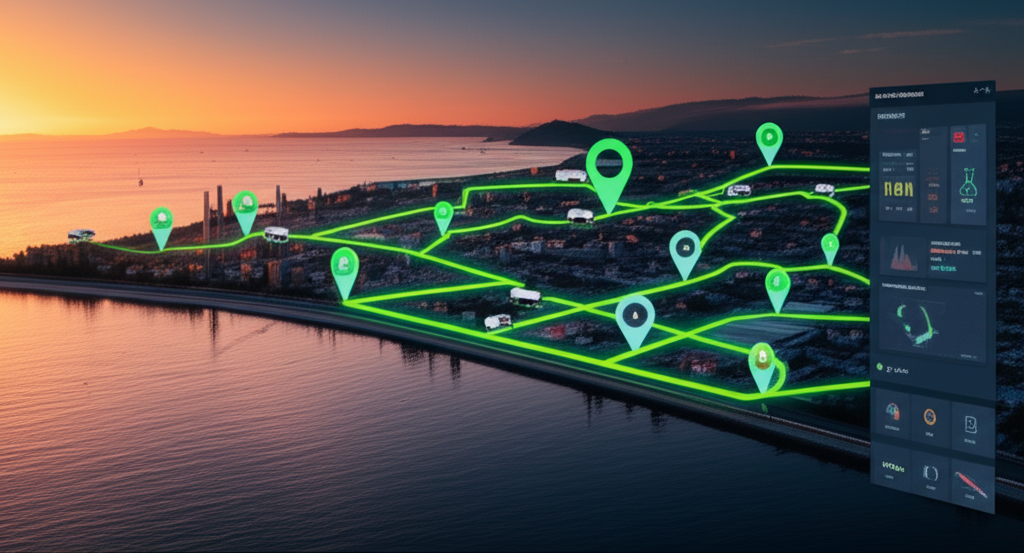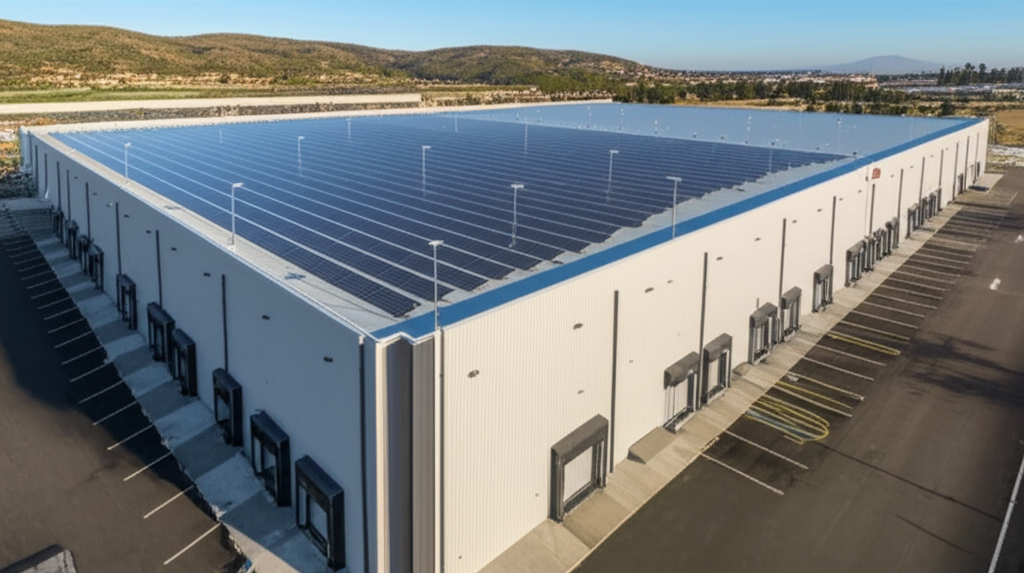Sustainability
We are committed to building a more environmentally friendly and efficient logistics system, actively responding to global low-carbon development trends, and promoting green practices in transportation, warehousing, and operations.
Our Sustainability Philosophy
In the context of increasing global climate change and environmental protection awareness, we recognize the important responsibility of the logistics industry in reducing carbon emissions and promoting sustainable development. As an industry leader, we are committed to integrating sustainability principles into every aspect of our business.
Our sustainability strategy is based on three pillars: reducing environmental footprint, improving resource utilization efficiency, and promoting social responsibility. Through innovative technology and process optimization, we continuously explore more environmentally friendly logistics solutions, creating value for customers while contributing to the future of our planet.

Our Sustainable Practices
Prioritizing Electric/Low-Emission Transport
We are gradually updating our fleet, increasing the proportion of electric and hybrid vehicles. For urban delivery, we prioritize electric vans and e-bikes, significantly reducing carbon emissions and noise pollution. Our long-distance transport is also gradually adopting cleaner energy sources such as LNG and biofuels.


Reducing Empty Miles Through Route Optimization
We employ advanced AI route optimization systems that intelligently plan optimal delivery routes based on cargo volume, weight, destination, and traffic conditions. This not only improves transport efficiency but also significantly reduces empty miles and fuel consumption. Our system also supports multi-point delivery integration, further lowering carbon emissions per unit of cargo.
Implementing Energy-Efficient Warehousing
Our warehousing facilities employ various energy-saving technologies, including LED lighting systems, smart temperature control systems, and automated equipment. Our newly built warehouses use environmentally friendly materials and install solar panels, with some warehouses already achieving energy self-sufficiency. Additionally, we have implemented rainwater collection and water recycling systems to reduce water consumption.


Promoting Paperless Operations & Electronic Signatures
We strongly promote paperless operations and electronic signature systems, significantly reducing paper usage. Through digital transformation, we convert traditional paper documents to electronic formats, not only improving work efficiency but also reducing resource waste. Our electronic signature system has been promoted nationwide, saving a large amount of paper annually.
Our Future Goals
Reduce Transport Carbon Emissions by 30% by 2025
By increasing the proportion of electric vehicles, optimizing delivery routes, and improving loading rates, we plan to reduce carbon emissions in the transportation sector by 30% by 2025 compared to the 2020 baseline.
Increase Green Transport Partners
We plan to expand cooperation with green transportation service providers, increasing the number of green partners to 100 by 2025, jointly building a sustainable logistics ecosystem.
Digitize Key Processes
We are committed to reducing resource consumption through digital transformation, planning to achieve 95% digitization of business processes by 2024, significantly reducing paper usage and energy consumption.
Join Us in Promoting Sustainable Logistics
Whether you are a business seeking green logistics solutions or an environmental organization interested in collaborating with us, we look forward to creating a more sustainable future together.
Frequently Asked Questions
How do you measure and report carbon emissions?
We use the internationally recognized Greenhouse Gas Protocol (GHG Protocol) standard to measure our carbon emissions. Our carbon emission data covers Scope 1 (direct emissions), Scope 2 (energy indirect emissions), and part of Scope 3 (value chain emissions). This data is verified by third-party organizations and publicly disclosed in our annual sustainability report.
Does choosing green logistics services increase costs?
While some green logistics solutions may have higher initial investments, they typically help reduce overall operational costs in the long term. For example, route optimization reduces fuel consumption, electric vehicles lower maintenance costs, and digital processes improve efficiency. We provide the most cost-effective green logistics solutions based on customer needs.
How do you ensure supply chain partners also follow sustainable development principles?
We implement a strict supplier assessment and management system, making environmental performance an important criterion for selecting suppliers. We require major suppliers to comply with our 'Supplier Sustainable Development Code of Conduct' and conduct regular audits. Meanwhile, we also actively collaborate with suppliers, providing training and resources to help them enhance their sustainable development capabilities.
How can customers participate in your sustainability programs?
Customers can participate in our sustainability programs in various ways: choosing our green logistics services, participating in our carbon neutrality projects, jointly developing innovative sustainable logistics solutions, or sharing best practices. We welcome customers to contact us to discuss how we can jointly promote sustainable development in the logistics industry.